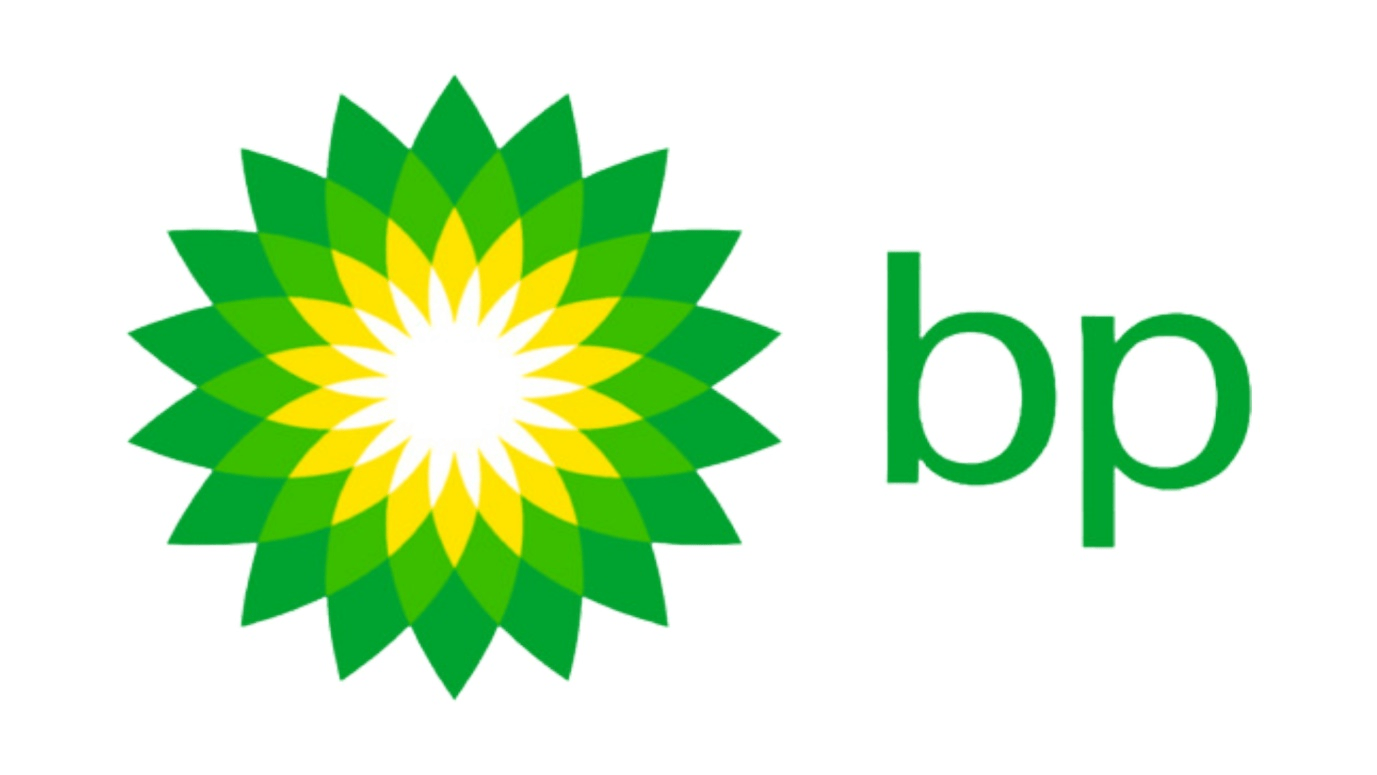
Why Skills-First Leadership Is Replacing the Ivy League Playbook in the C-Suite
The old prestige pyramid—where Ivy League degrees and blue-chip consulting backgrounds paved the way to the CEO seat—is cracking.

November 3, 2021: -On Tuesday, oil and gas giant BP beat third-quarter earnings expectations, fueled by increasing energy prices.
The British energy major posted an underlying replacement cost profit, a proxy for net profit, of $3.3 billion for the third quarter, above analyst estimates of $3.1 billion, according to Refinitiv.
The figure is compared to $2.8 billion of net profit in the previous quarter and $100 million for the same period when oil prices collapsed due to the coronavirus pandemic.
The international benchmark Brent crude prices have been up around 60% to date.
“Rising commodity prices certainly helped, but I am pleased that quarter by quarter, we’re doing what we said we would – delivering huge cash to strengthen our finances, increasing distributions to shareholders, and invest in our strategic transformation,” CEO Bernard Looney said in the company’s earnings report.
However, the company reports a headline loss of $2.5 billion for the third quarter due to “huge adverse fair value accounting effects.” These saw the company take a $6.1 billion hit attributed to the “exceptional” rise in forwarding gas prices towards the end of the quarter.
On Tuesday, Looney told CNBC that the discrepancy between the headline and underlying figures was a “simple timing effect” under IFRS reporting rules, which means BP is “accounting for hedge and not accounting for the value of the portfolio.”
Net debt decreased to just under $32 billion from $32.7 billion in the second quarter, making a sixth consecutive quarter of reductions.
BP is maintaining its dividend at 5.46 cents for each share payable in the fourth quarter, which follows an increase of 4% through 2025 announced in the second quarter. It said it plans a further $1.25 billion share buyback before its fourth-quarter earnings report.
This year, BP laid out a 10-year plan to reduce oil and gas production by 40% and boost spending on present carbon energy to $5 billion per year. However, oil majors have been excluded from this week’s COP26 climate summit in Glasgow.

The old prestige pyramid—where Ivy League degrees and blue-chip consulting backgrounds paved the way to the CEO seat—is cracking.

Loud leaders once ruled the boardroom. Charisma was currency. Big talk drove big valuations.

But the CEOs who make history in downturns aren’t the ones with the deepest cuts

Companies invest millions in leadership development, yet many of their best executives leave within a few years. Why?

The most successful business leaders don’t just identify gaps in the market; they anticipate future needs before anyone else.

With technological advancements, shifting consumer expectations, and global interconnectedness, the role of business leaders

Following a distinguished Law Enforcement career Joe McGee founded The Securitatem Group to provide contemporary global operational specialist security and specialist security training products and services for private clients, corporate organisations, and Government bodies. They deliver a wide range of services, including complete end-to-end protection packages, close protection, residential security, protection drivers, and online and physical installations. They provide covert and overt investigations and specialist surveillance services with a Broad range of weapons and tactical-based training, including conflict management, risk and threat management, tactical training, tactical medicine, and command and control training.

Jay Wright, CEO and Co-Owner of Virgin Wines infectious energy, enthusiasm, passion and drive has been instrumental in creating an environment that encourages talent to thrive and a culture that puts the customer at the very heart of every decision-making process.

Fabio de Concilio is the visionary CEO & Chairman of the Board at Farmacosmo, a leading organization dedicated to mental health and community support services. With a deep commitment to identifying and meeting customer needs, Fabio ensures that high standards are maintained across the board.

Character Determines Destiny – so said Aristotle. And David CM Carter believes that more than anything else. For David, it has been numerous years of research into codifying Entelechy Academy’s 54 character qualities that underpin everything he stands for as a leader and teacher.


Leave us a message
Subscribe
Fill the form our team will contact you
Advertise with us
Fill the form our team will contact you